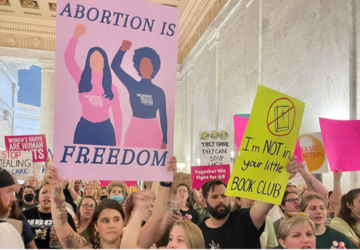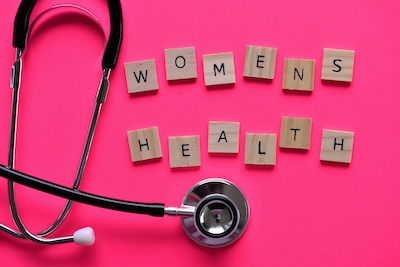Decline in Women’s Health Due To A Shortage of Health Screenings and Preventive Care
By: Liz Kavanagh
According to Dr. Morgan from Everyday Health, “From a young age, women are programmed to take care of others and put others before themselves — which can translate to a lack of attention paid to themselves.” This has become an issue because women have been seen to deprioritize themselves over our families and loved ones which poses a threat to our health and safety.
This problem is both caused by society norms and how women are taught growing up. But the Hologic Global Women’s Health Index holds an annual survey that has been tracking health factors of both women and men to help implement some necessary health policies. The goal of this is to improve quality of life for women and even stretch life expectancy.
The survey asks about things like preventive care, emotional health, opinions of health and safety, basic needs, and individual health. The higher the score, the more positive experiences a woman has had with those aspects of her life. The survey is scored from zero to 100 and statistics say that “a women’s health score was given to each of 122 countries and territories. The average global score was only 53, and no country or territory scored higher than 70.”
Clearly, this is an extreme problem, and the report summary states that areas that spend more money on healthcare like Taiwan, Latvia, Austria, Denmark, and more, tend to receive scores on the higher end of the spectrum. While the low-scoring countries like Afghanistan, Congo, Venezuela, Türkiye, Lebanon, and many more seem to not prioritize healthcare. This is a perfect example of why strong, provided healthcare is a key component of universal health.
Due to the pandemic, essential healthcare services have been ever harder to get because they have been delayed or stopped. This situation reflects some extreme gender bias and has been even more detrimental to women’s physical and emotional health. “We need to reduce gender bias within healthcare — within research and among health providers, which includes how it intersects with other forms of identity and oppression, such as race and racism.” If we continue to advocate for gender bias in healthcare, it can drastically improve women’s health and quality of life.
https://www.everydayhealth.com/womens-health/womens-health-worsened-in-2021-as-many-lack-access/








